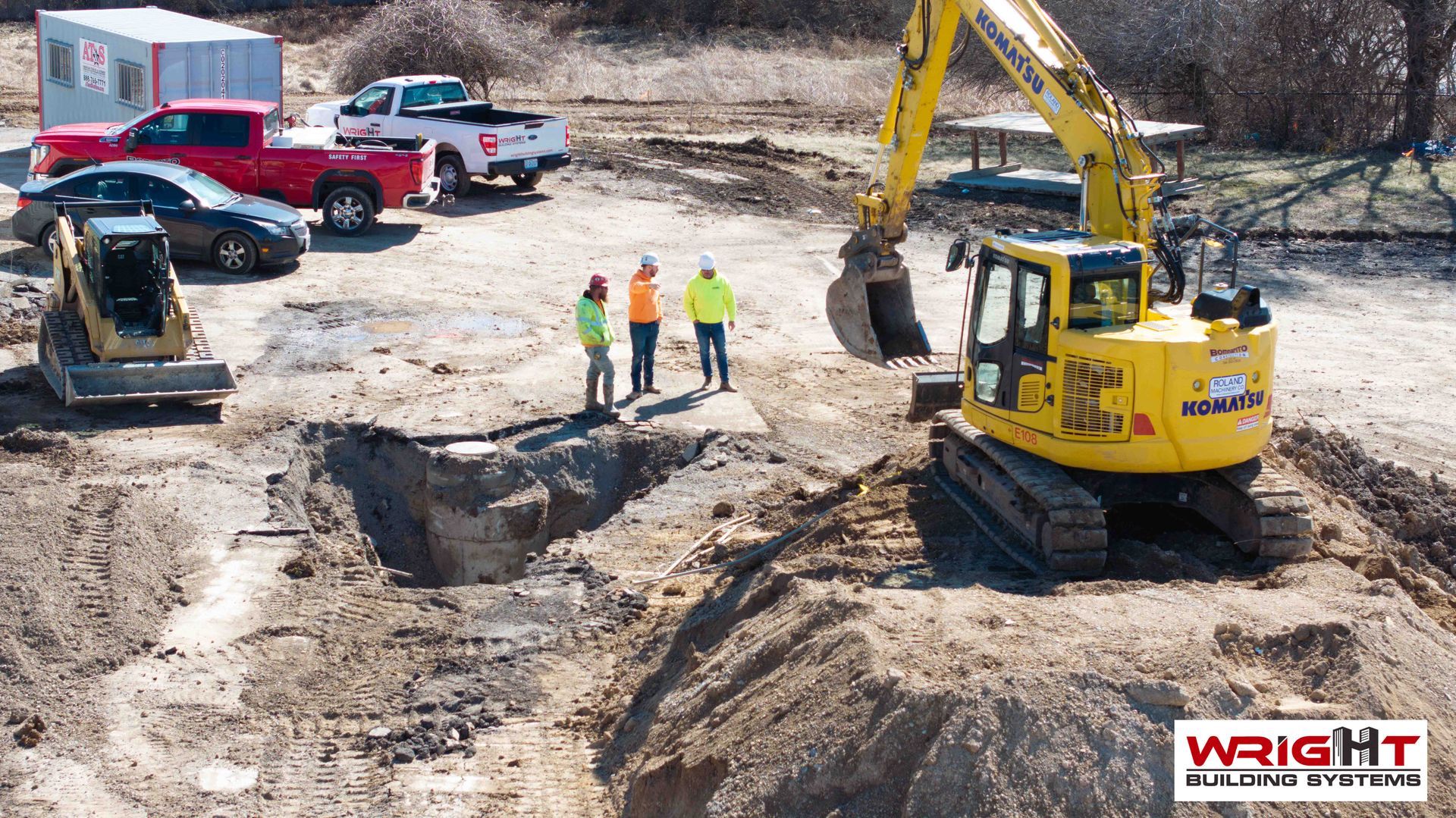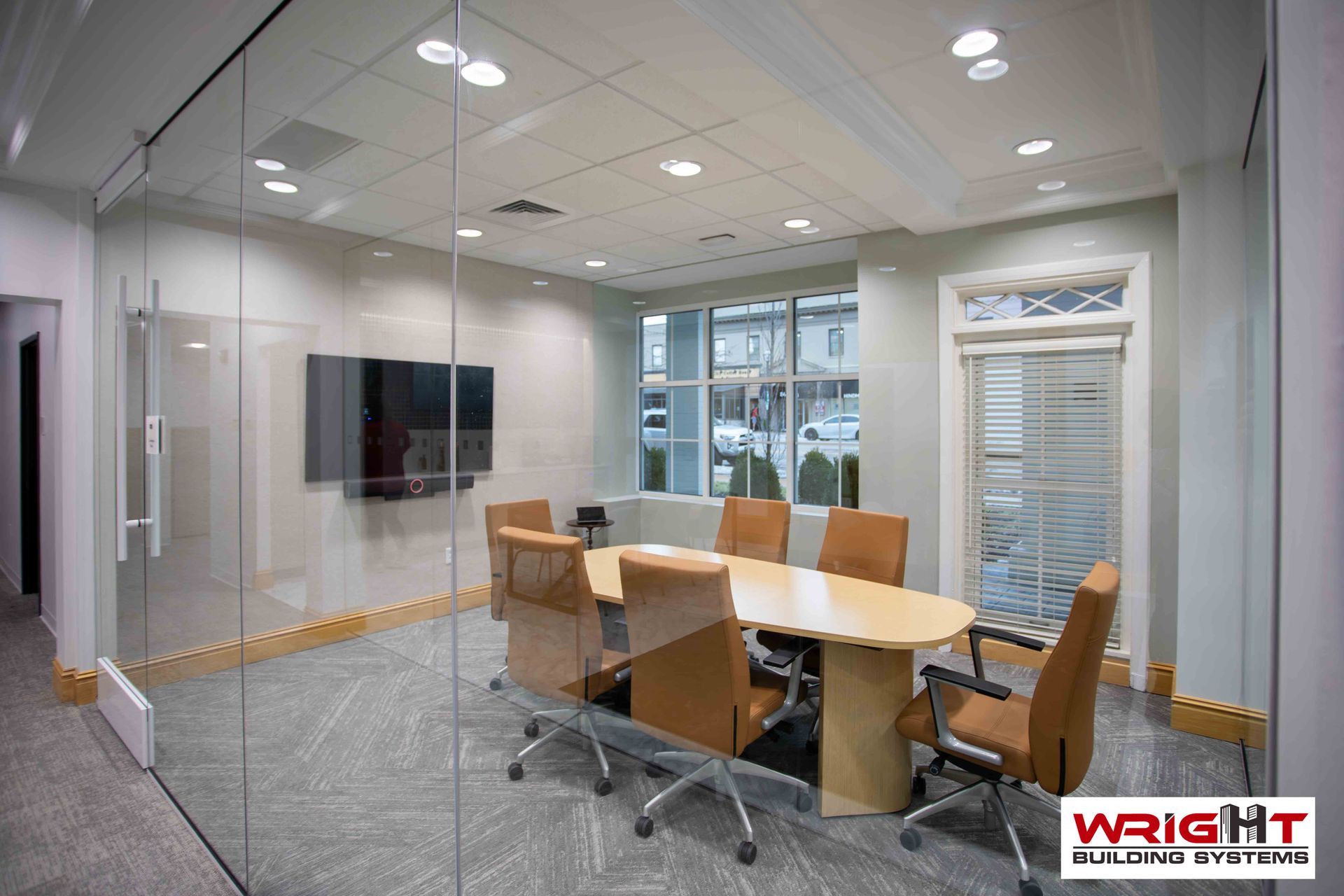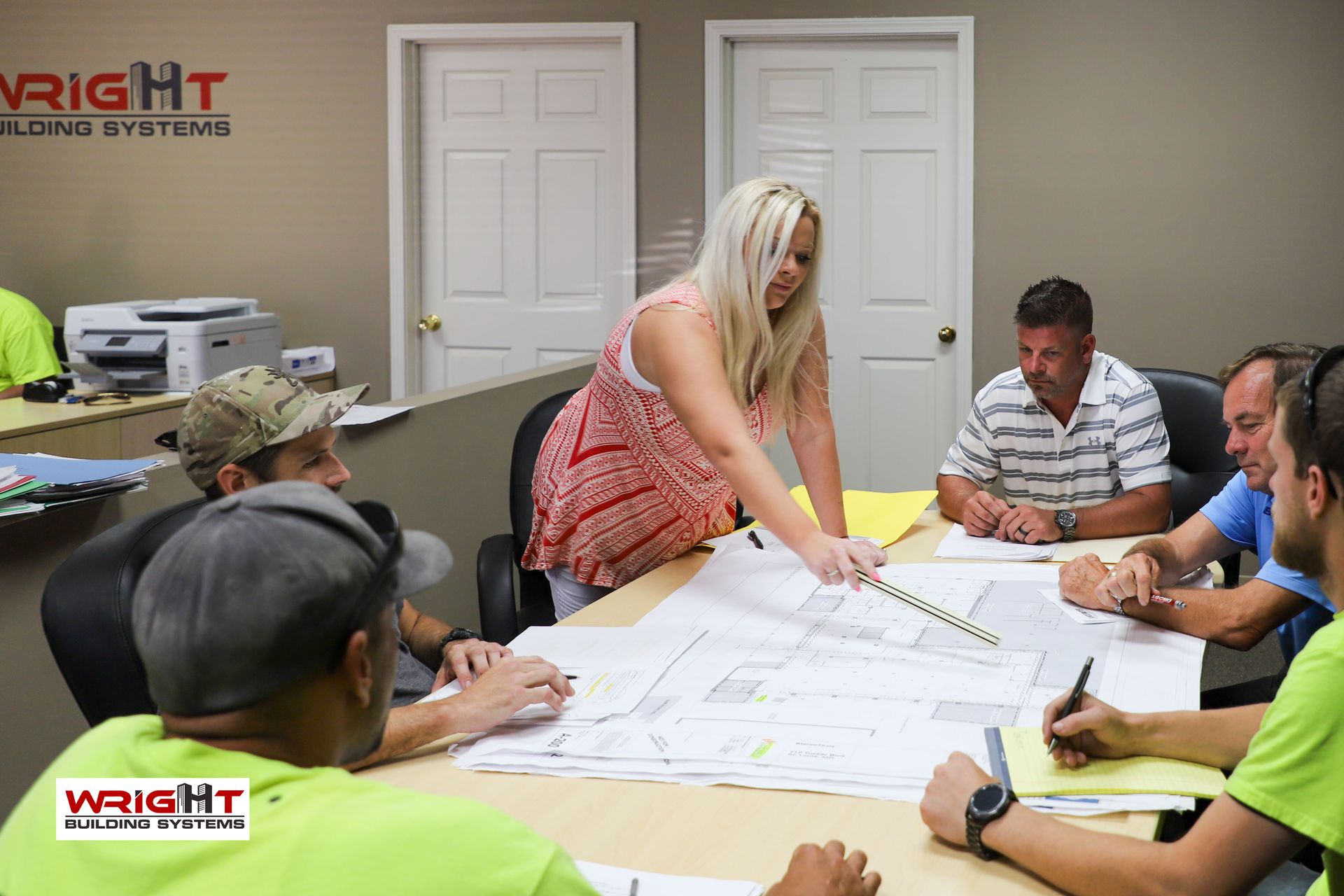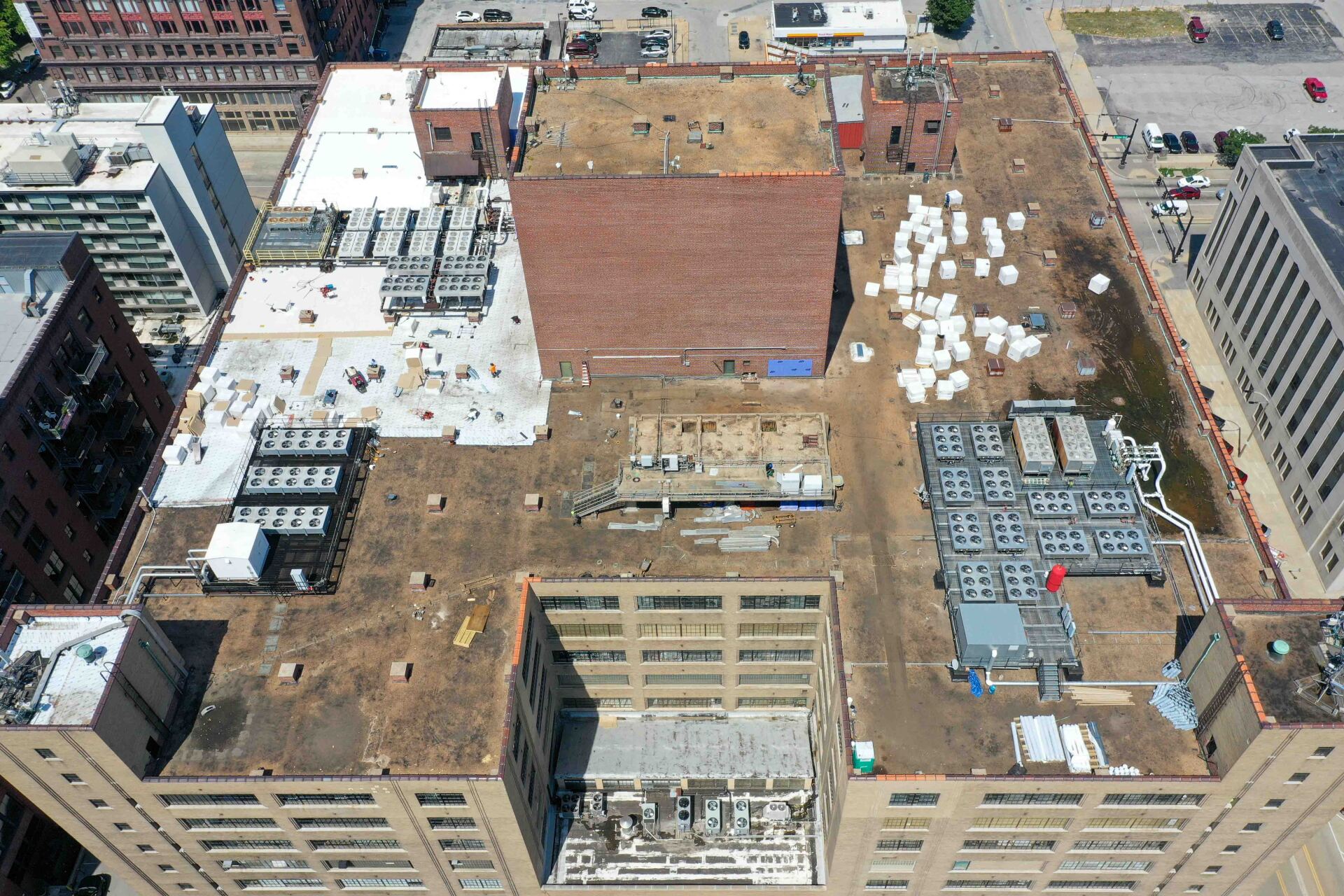The Ultimate Pre‑Renovation Prep List: 10 Steps to a Smooth Project
Renovating a commercial space is an exciting opportunity to transform your business environment, boost productivity, and enhance your brand.
But before the first wall comes down, successful renovations are built on meticulous preparation. Whether you’re updating an office, retail space, or industrial facility, following a comprehensive pre‑renovation checklist can save you time, money, and headaches.
Below, we outline the 10 essential steps that every facility manager, business owner, or project lead should address before the renovation begins.
From clearing rooms to setting a communications plan, these strategies will help ensure your project runs smoothly from day one.
1. Define Your Renovation Goals
Begin by clearly defining what you want to achieve. Are you expanding your workspace, modernizing outdated areas, or improving energy efficiency?
Get specific: list your priorities, desired outcomes, and must‑have features. This clarity will guide every decision and keep your team aligned throughout the process.
For example, do you need more collaborative areas, better lighting, or upgraded security? Document these goals and share them with all stakeholders.
2. Set a Realistic Budget
A well-planned budget is the backbone of any successful renovation project.
Research the average costs for your project type, factor in a contingency (typically 10–15%), and account for hidden expenses such as permits, inspections, and temporary accommodations.
Review your budget with your contractor and design team to ensure that expectations align with reality.
Remember, a detailed budget helps prevent costly surprises and keeps your project on track.
3. Secure Necessary Permits and Approvals
Before any work begins, confirm which permits and approvals are required by local authorities. This may include building, zoning, fire safety, and environmental permits.
Failing to secure the correct paperwork can result in delays, fines, or even the forced demolition of non-compliant work. Work with your contractor or a permit specialist to navigate this process efficiently.
4. Clear and Prepare the Work Area
Decluttering and clearing rooms is more than just moving furniture. Remove all personal items, equipment, and valuables from the area designated for renovation.
Protect adjacent areas with dust barriers, floor coverings, and signage. If your business will remain open, plan for temporary partitions and safe walkways to minimize disruption.
The more thorough your prep, the smoother the construction phase will be.
5. Protect the Rest of Your Facility
Renovations can create dust, noise, and safety hazards. Safeguard unaffected areas by sealing vents, covering electronics, and posting warning signs.
Consider scheduling work during off-hours or weekends to minimize the impact on employees and customers.
Clearly communicate safety protocols and ensure that everyone is aware of evacuation routes and emergency contacts.
6. Develop a Temporary Operations Plan
If the renovation affects daily operations, create a plan for temporary workspaces, storage, and logistics. Will staff need to relocate? Are there alternative entrances or exits?
Coordinate with IT to ensure connectivity and access to essential systems. Planning ahead for business continuity helps maintain high productivity and low stress.
7. Establish a Communications Plan
Transparent communication is key to a successful renovation. Set up regular check‑ins with your contractor, architect, and internal team. Use project management tools to track progress, share updates, and address issues quickly.
Designate a point person for questions and feedback. Keeping everyone informed helps reduce confusion and fosters trust.
8. Schedule Deliveries and Timeline Milestones
Work with your contractor to create a detailed renovation timeline, including key milestones and delivery dates for materials and equipment.
Factor in lead times, holidays, and potential delays to ensure a smooth process. A detailed schedule helps coordinate subcontractors, avoid bottlenecks, and keep the project moving forward.
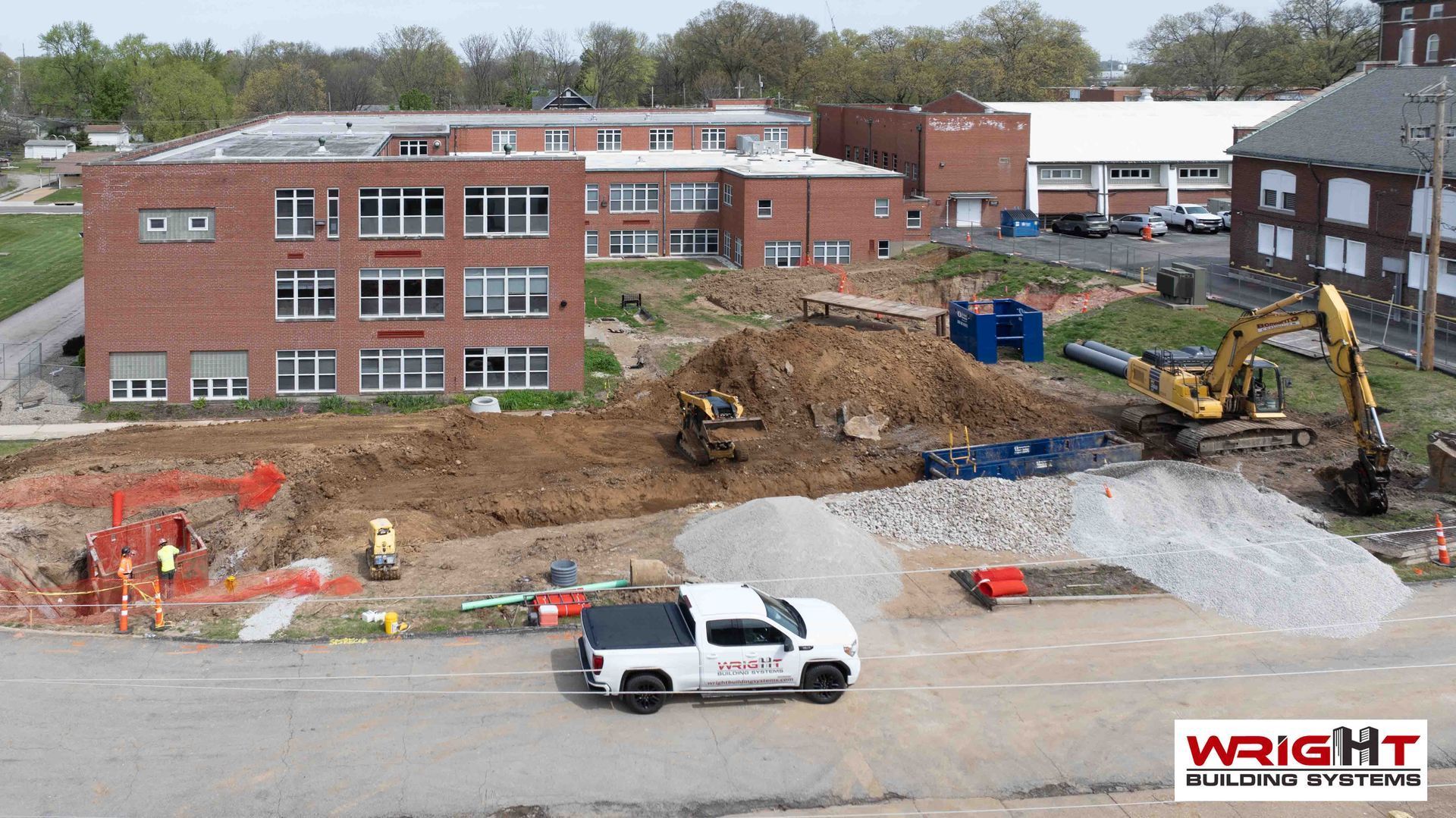
9. Prepare for Emotional and Mental Impact
Renovations can be disruptive and stressful. Prepare your team for changes in routine, noise, and temporary inconveniences.
Encourage flexibility and patience, and celebrate progress as it unfolds. A positive mindset helps everyone adapt and stay motivated.
10. Final Walkthrough and Punch List
Before construction begins, conduct a final walkthrough with your contractor and stakeholders. Review the scope of work, confirm all prep steps are complete, and create a punch list of outstanding items.
This proactive approach ensures nothing is overlooked and sets the stage for a successful renovation.
Ready to Renovate? Contact Wright Building Systems
A well-executed pre-renovation checklist serves as your roadmap to a smooth, efficient, and successful project.
By defining goals, budgeting wisely, securing necessary permits, and communicating clearly, you can minimize surprises and maximize results.
Whether you’re working with Wright Building Systems or managing your own renovation, these ten steps will help you transform your space with confidence.
Seeking expert guidance for your next renovation?
Contact our office for a consultation and discover how our meticulous planning delivers stunning results, on time and within budget.

